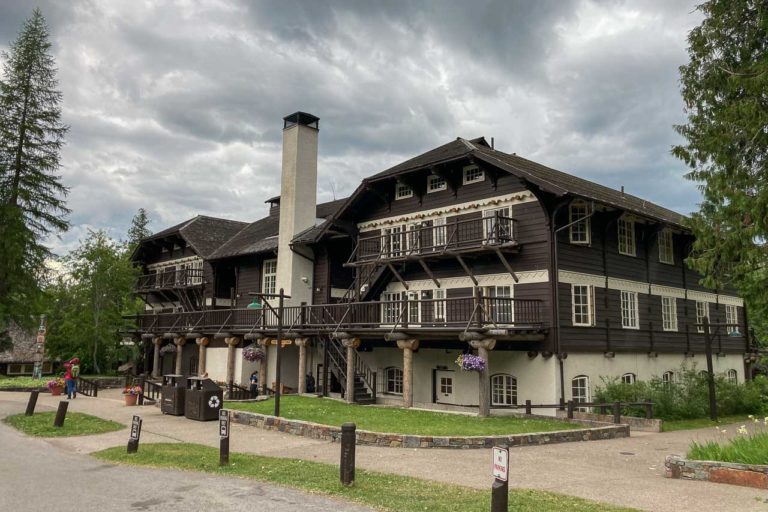Yellowstone Shares Recent Wildlife Incidents, Urges Visitors to Act Responsibly
This news story about recent wildlife incidents in Yellowstone National Park is based on a June 1, 2023, National Park Service press release. You can read the original release here.
According to a new statement by Yellowstone National Park, the summer season in the park has barely begun and there have been several wildlife incidents already. Therefore, the park implores visitors to act responsibly, be cautious around wildlife, and use common sense when exploring Yellowstone.
“Yellowstone provides millions of visitors one of the greatest wildlife viewing displays in North America,” the park said.
“In recent days, some actions by visitors have led to the endangerment of people and wildlife and resulted in the death of wildlife. The park calls on visitors to protect wildlife by understanding how their actions can negatively impact wildlife.”
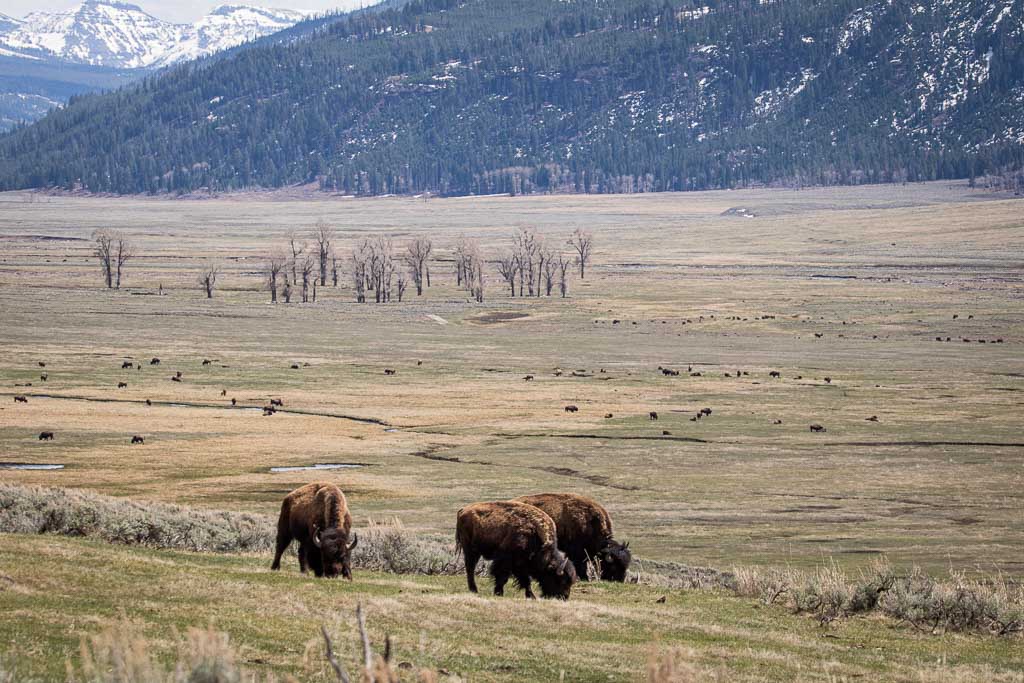
Yellowstone National Park Implores Visitors to Act Responsibly Around Wildlife
Approaching wild animals can drastically affect their well-being and, in some cases, their survival. When an animal is near a campsite, trail, boardwalk, parking lot, on a road, or in a developed area, leave it alone and give it space.
Park regulations require that you stay at least 25 yards away from all wildlife (including bison, elk and deer) and at least 100 yards away from Yellowstone bears and wolves. Disregarding these regulations can result in fines, injury, and even death.
The safety of these animals, as well as human safety, depends on everyone using good judgment and following these simple rules.
Recent Wildlife Incidents in Yellowstone National Park, And How to Prevent Them
Yellowstone National Park shared an overview of recent wildlife incidents in the park, including various animals being hit by vehicles, and wildlife being picked up by visitors.
Reduce Your Speed on Yellowstone Park Roads
Black bears
On May 28 at about 5 p.m., an adult male black bear was struck and killed by a vehicle near milepost 14 on U.S. Highway 191 in the northwestern section of the park.
Later that same evening, a second adult male black bear was struck and killed by a vehicle at milepost 29 on U.S. Highway 191. Both bears were dark chocolate brown in color.
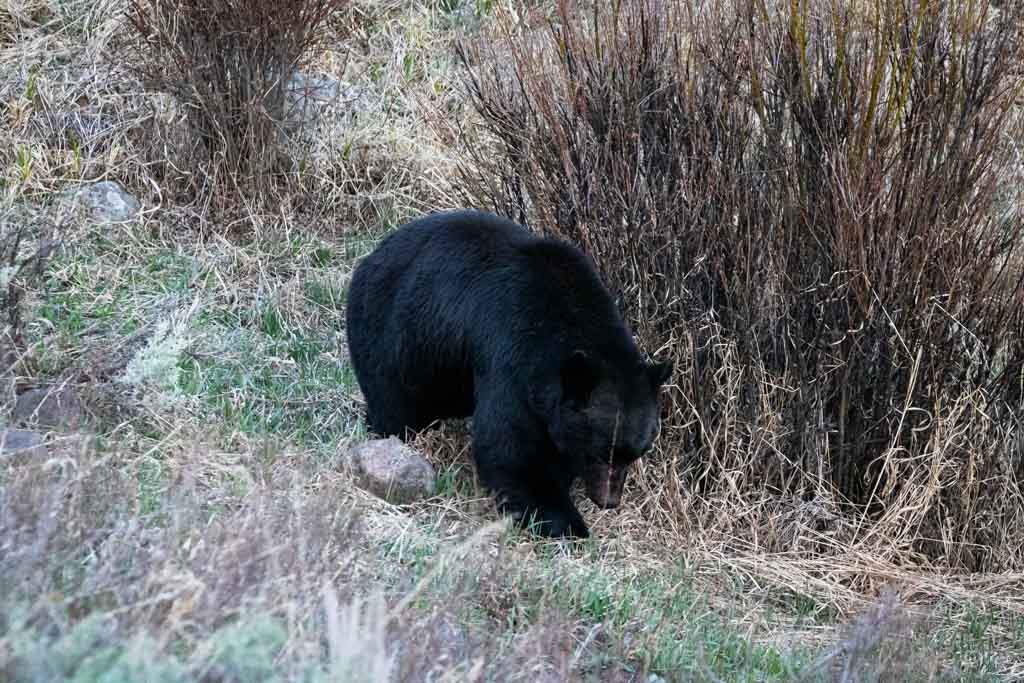
Elk and bison
In recent days, one elk and one bison were also hit by separate vehicles.
These incidents are under investigation and there is no additional information to share, the park said.
Visitors are reminded to travel at 55 mph or less on U.S. 191. In general, the legal speed on park roads is 45 mph or less.
Use extra caution at night. Animal fur absorbs light, making them very difficult to see on roads at night, even while using bright headlights. The park will be significantly increasing speed enforcement on U.S. 191.
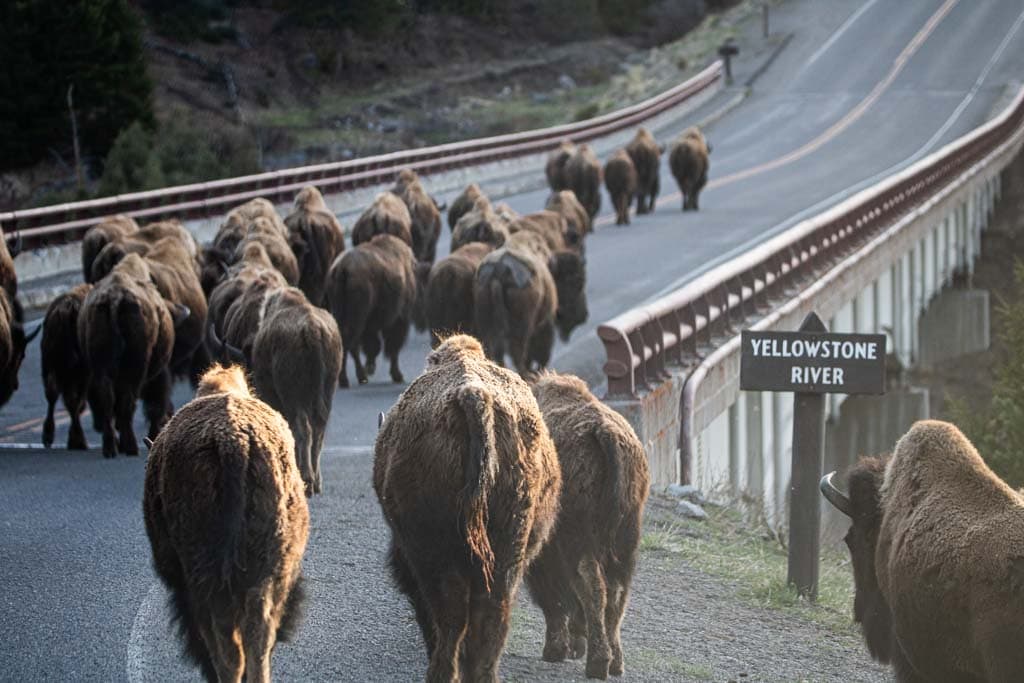
Stay Away From Yellowstone Wildlife
Bison
On May 31, a Hawaii man pleaded guilty to intentionally disturbing wildlife in the park.
As we reported here, the man grabbed a struggling newborn bison calf and pushed it up from the river and onto the roadway in the northeastern section of the park. The incident resulted in the death of the calf.
Additionally, there are a range of other recent bison incidents that the park is investigating.
Last year, there were two known incidents of visitors getting too close to bison, both cases resulting in the animals responding to the perceived threat by goring the individuals. We reported on those bison goring incidents in Yellowstone here.
Bison are unpredictable and can run three times faster than humans, Yellowstone National Park warns visitors.
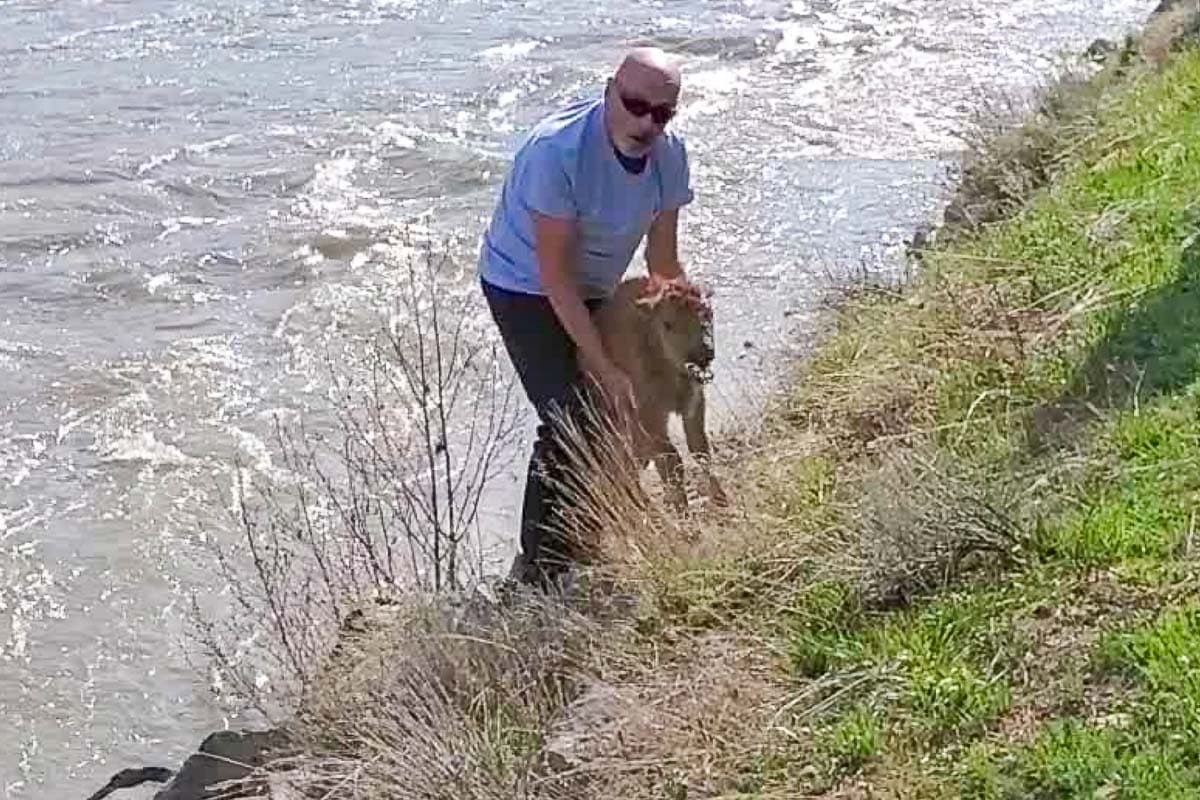
Elk calf
During the Memorial Day weekend, visitors placed an elk calf in their car while likely driving on U.S. Highway 191 in the park and brought the newborn to the West Yellowstone, Montana, Police Department.
The elk later ran off into the forest and its condition is unknown. This incident is under investigation and there is no additional information to share.
Take The Yellowstone Pledge
You can help protect Yellowstone National Park by taking the Yellowstone Pledge, act responsibly and safely, and set a good example for others.
If you see someone, in person or online, whose behavior might hurt them, others, or the park, tell a ranger. If you’re in the park, dial 911.
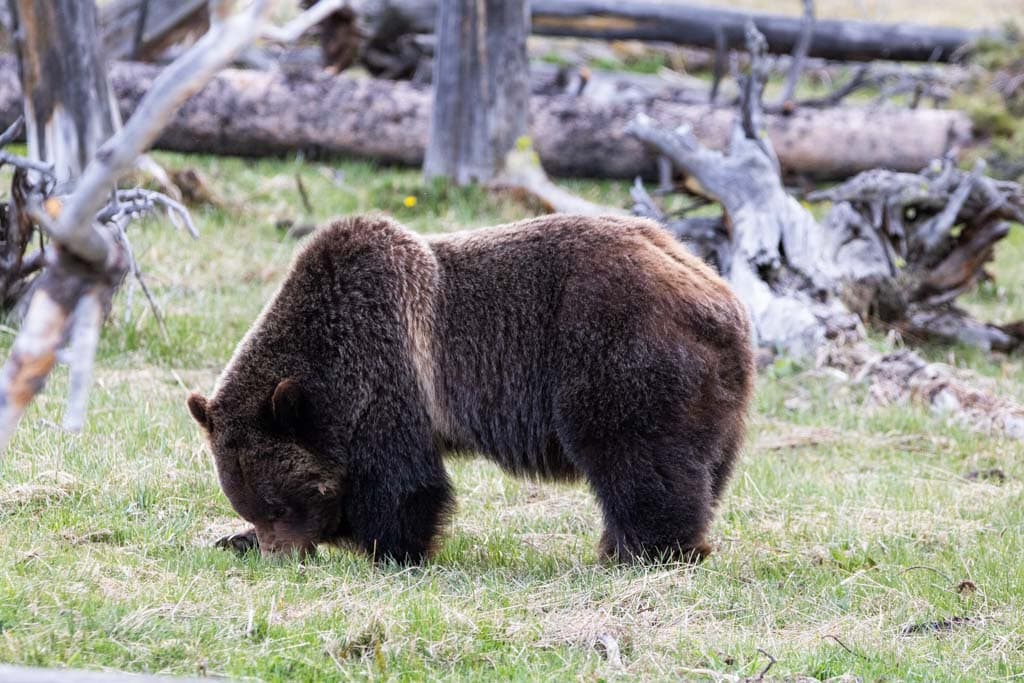
Learn About Wildlife Safety
I recommend reading the following articles to learn how to stay safe when recreating in areas where (potentially) dangerous wildlife is present.



